Cancer survivor tells how early detection, treatment saved her life

Thandeka Moyo-Ndlovu, Senior Health Reporter
MS Linda Sibanda (48) who was due to commence radiotherapy following a cancer diagnosis after the first lockdown announcement made on March 31 in 2020 to contain the deadly Covid-19, feared she was going to die.
Although doctors had earlier assured her that something could be done about her cervical cancer, she thought she was going to succumb to the disease as she waited for lockdown measures to be relaxed.
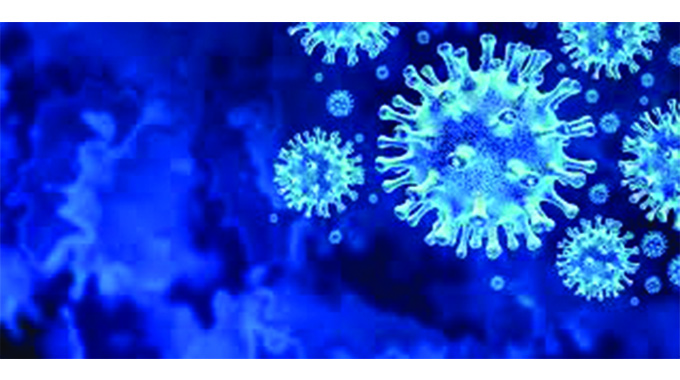
covid-19
Unlike a majority of Zimbabwean women, Ms Sibanda had been swift in screening for cancer after realising that something was amiss with her menstrual cycle.
The constant spotting – vaginal bleeding outside a woman’s period- gave her sleepless nights until she braved screening which resulted in her diagnosis in December 2019.
Despite setbacks brought in by the Covid-19 lockdown, Ms Sibanda was eventually treated and lives to tell the story of how early diagnosis saved her life.
Statistics from the recent Cancer Registry of Zimbabwe show that at least 7 841 new cases of cancer are recorded annually in Zimbabwe.
The most frequently occurring cancers among Zimbabweans of all races according to the report were of the: cervix (21 percent), prostate (11 percent), breast (8 percent), non-Hodgkin lymphoma (5 percent), oesophagus (4 percent), Kaposi sarcoma (4 percent), colorectal (4 percent), stomach (3 percent) and liver (3 percent). The other cancers accounted for 37% of the registered malignancies.
In an interview, Ms Sibanda said she is grateful that her treatment was successful despite delays caused by the Covid-19 outbreak.
“I am a 48-year-old mother of one who was diagnosed with cancer in December 2019 after a series of spotting. My parents, family and friends were in disbelief and after two other opinions from specialists, doctors confirmed that I had treatable cancer,” she said.

“I had an operation in January and another one in February which was successful as doctors managed to remove the growth in my cervix. I was supposed to do radiotherapy soon after but Covid-19 happened and I had to wait knowing that the cancer could easily spread and kill me.”
She said after the longest wait, lockdown measures eased a bit in July 2020 and she had a chance to commence her radiotherapy.
After 17 sessions the machine at Mpilo Central Hospital broke down and she had to wait again as her treatment required that she does 23 sessions.
“Fortunately, doctors recommended I complete the treatment orally and despite delays which were a result of Covid-19 lockdowns I was finally treated. The journey was painful; I was scared I would die. I even asked God why he allowed this dreadful disease to attack as it was difficult to accept,” she said.
“My family was in denial, they even suggested that we pray and cast the demon that was causing cancer but I realised I needed medical attention if I was going to survive. I would like to encourage other women to seriously consider going for cancer screening,” she added.
Ms Sibanda said for members of the public to beat cancer, they should accept that the disease is not a result of witchcraft.
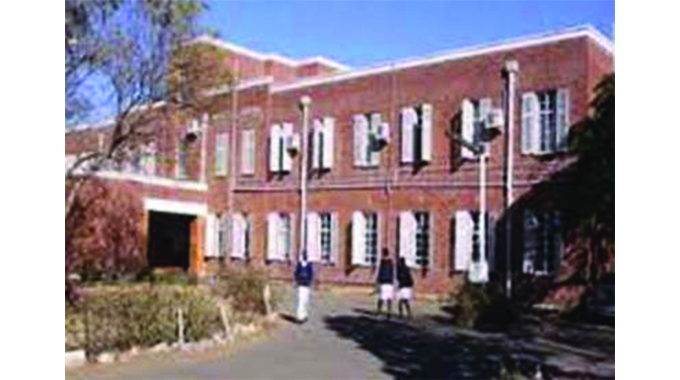
Mpilo Central Hospital
She said such prevalent assumptions are the reason why so many women present late with cancer and end up dying.
“When I first suspected I could have cancer, I quickly brushed away the idea and prayed about it as if everything was normal. One Sunday afternoon I bled at church and decided to open up to my friends as we had long planned to go for cancer screening,” she said.
“I however decided that I could not wait any longer and was screened at the United Bulawayo Hospitals. The results came out positive but my parents didn’t want to accept until I realised I had to accept my reality and face it head one. We tried to raise funds as the surgery was going to cost me US$3 000- US$5 000 and at that time doctors in public hospitals were on strike. I however managed to get booked at Mpilo and am grateful for the help I got from the staff during those trying days of my life.”
She called on women to make use of free services at public health institutions for screening as that can save their lives.
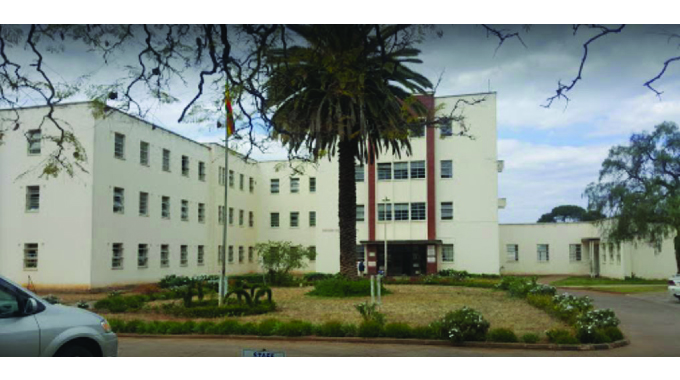
United Bulawayo Hospitals (UBH)
“There are many myths around cancer but all I can say is if early detected it can be treated and there is no need for women to continue dying when all they have to do is go for screening.” — @thamamoe



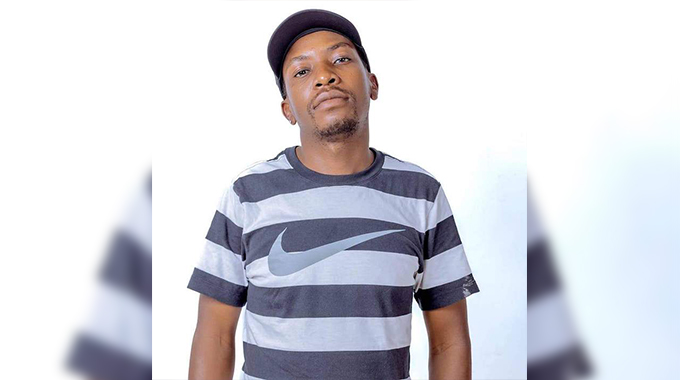
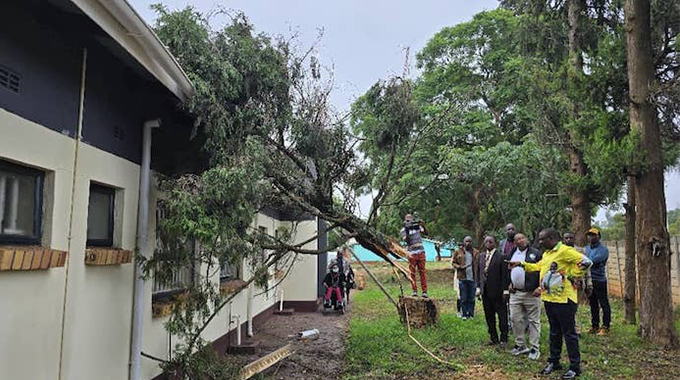







Comments